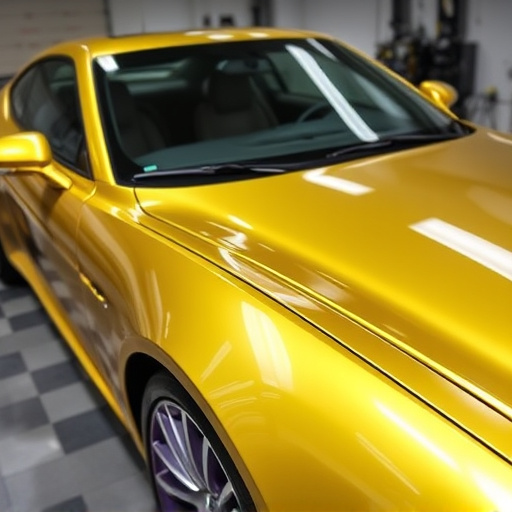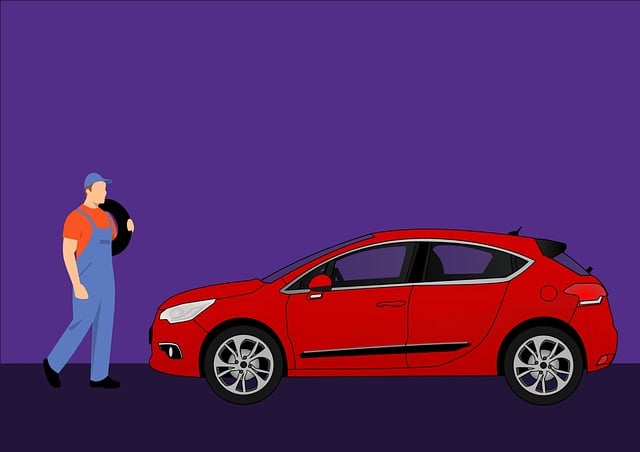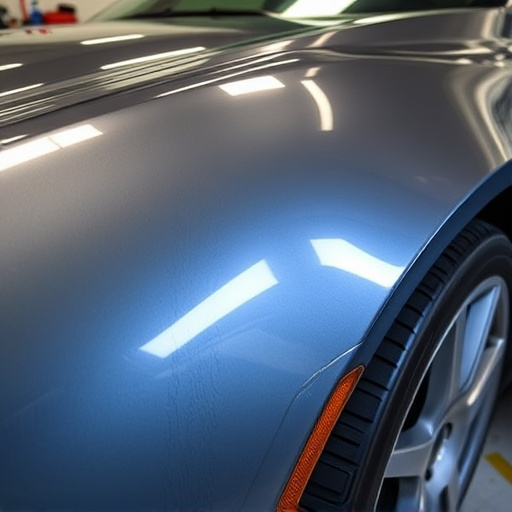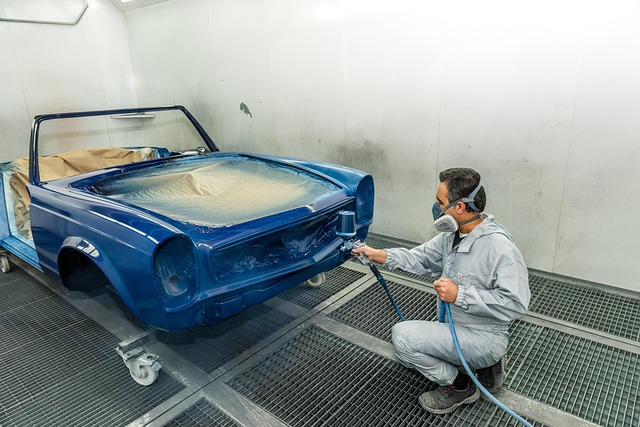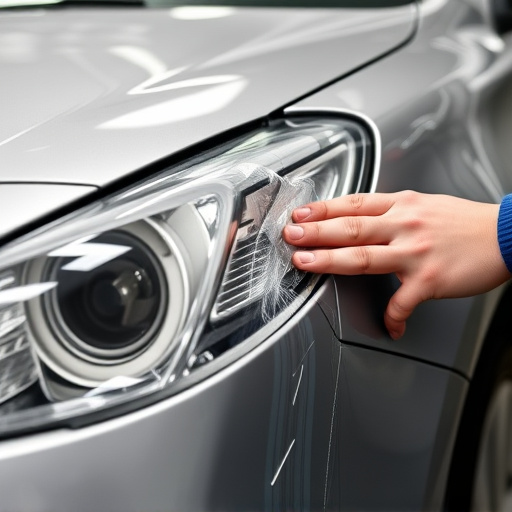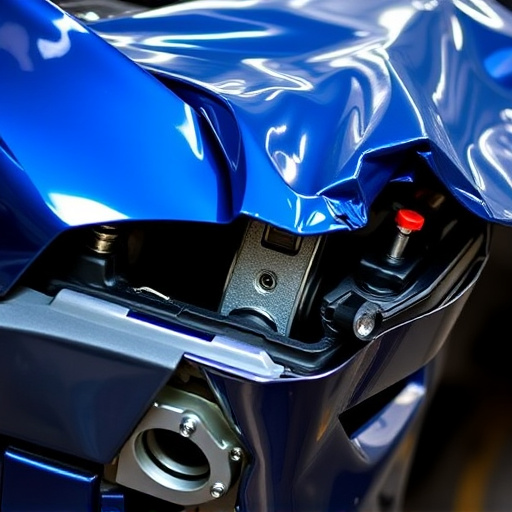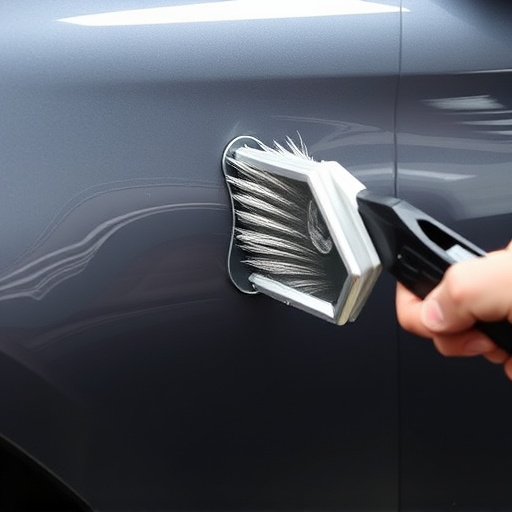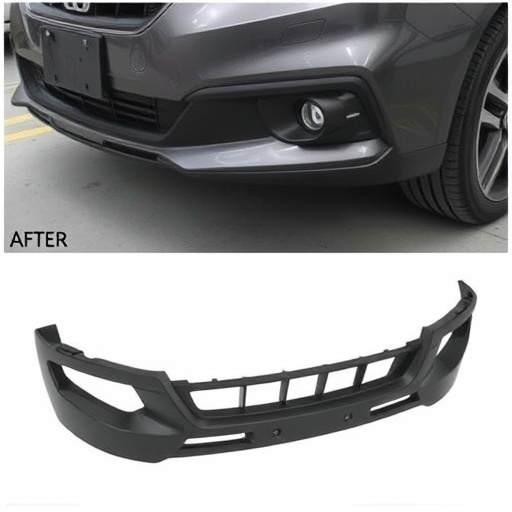Aluminum body components offer significant advantages in vehicle durability and maintenance due to their superior strength-to-weight ratio and corrosion resistance. They enhance overall vehicle performance, reduce fuel consumption, and lower repair costs associated with collision and dent damage compared to traditional steel bodies. Specialized coatings further protect aluminum structures, ensuring long-lasting aesthetic appeal and structural integrity.
Aluminum body components are transforming the automotive industry, offering a lightweight yet robust alternative to traditional materials. This article explores how aluminum’s unique properties enhance vehicle durability. We delve into its superior strength-to-weight ratio, which reduces weight and increases longevity, while its corrosion resistance ensures a longer lifespan free from rust and damage. By understanding these advantages, automakers can optimize their designs for both performance and sustainability.
- Lightweight Material: Aluminum's Role in Durability
- Enhanced Strength-to-Weight Ratio for Longevity
- Corrosion Resistance: A Key Factor in Vehicle Lifespan
Lightweight Material: Aluminum's Role in Durability
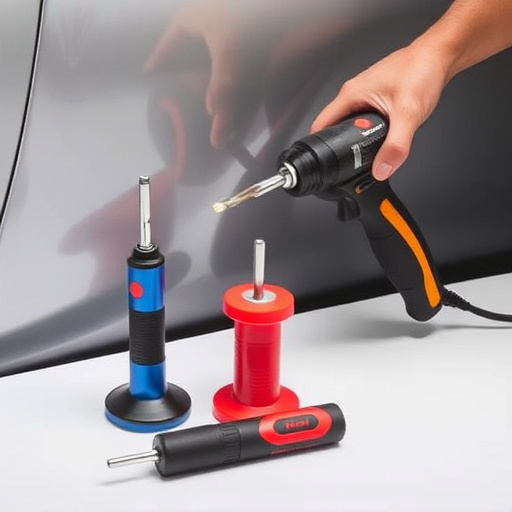
Aluminum has emerged as a lightweight material of choice for modern vehicle manufacturers, playing a pivotal role in enhancing durability. Its exceptional strength-to-weight ratio allows for the creation of robust and lightweight aluminum body components, which significantly contribute to overall vehicle performance and longevity. By reducing the overall weight of the vehicle, aluminum helps decrease fuel consumption and emissions, making it an eco-friendly option.
This material’s durability is not just about its structural integrity but also its resistance to corrosion. Aluminum’s protective oxide layer ensures that the metal remains robust against environmental factors, preventing rust and ensuring long-lasting performance, even in challenging conditions. This property extends the life of aluminum body components, making them a reliable choice for auto body shop services and essential for regular auto maintenance routines, ultimately reducing the need for frequent auto body repairs.
Enhanced Strength-to-Weight Ratio for Longevity
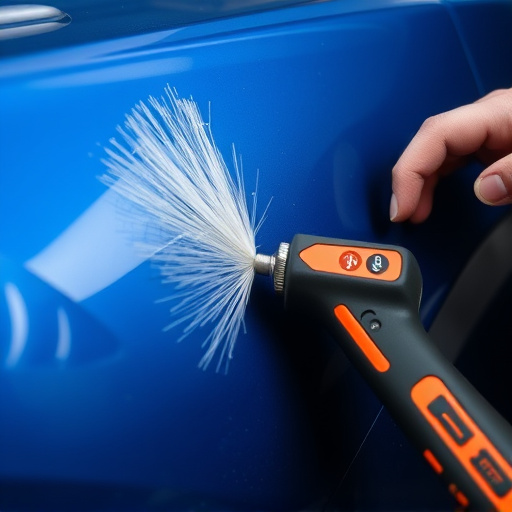
Aluminum body components offer a significant advantage in vehicle durability due to their enhanced strength-to-weight ratio. This key attribute ensures that cars with aluminum structures can withstand the rigors of daily driving and extreme conditions for longer periods. The lightweight nature of aluminum reduces overall vehicle weight, which is crucial for improving fuel efficiency and handling—two factors closely tied to longevity.
Compared to traditional steel bodies, aluminum offers superior resistance to corrosion, making it a highly durable choice for auto manufacturing. This material’s ability to maintain its structural integrity over time contributes to the overall reliability of vehicles, minimizing the need for frequent auto body repair or car paint services due to dents or scratches. Its strength-to-weight ratio also facilitates more effective energy dissipation during collisions, enhancing safety and reducing damage, including that from dent removal processes.
Corrosion Resistance: A Key Factor in Vehicle Lifespan
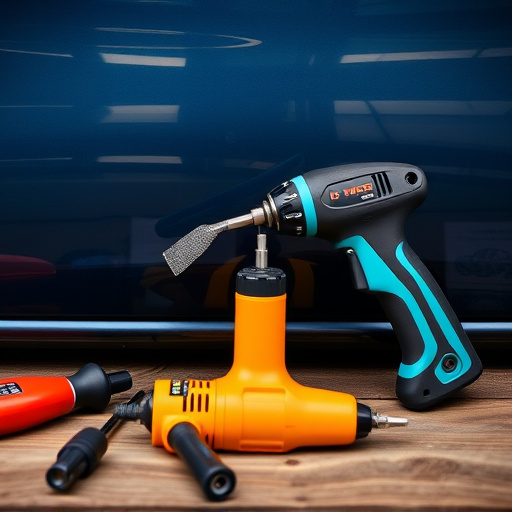
Aluminum body components have become increasingly popular in the automotive industry due to their exceptional corrosion resistance—a key factor in determining a vehicle’s lifespan. This durability is a significant advantage over traditional steel bodies, which are more susceptible to rust and corrosion over time, especially in regions with high humidity or frequent exposure to salt water. The resistant nature of aluminum means that vehicles with these components can sustain their structural integrity for longer periods, reducing the need for frequent body shop services, such as Mercedes Benz collision repair.
This resistance is achieved through various methods, including specialized coatings and alloy formulations, ensuring that the metal remains protective against environmental elements. Consequently, vehicles equipped with aluminum bodies often retain their aesthetic appeal and structural soundness, even after years of use, thereby enhancing overall vehicle durability and potentially decreasing costs associated with vehicle dent repair.
Aluminum body components significantly enhance vehicle durability by offering a lightweight yet robust solution. With its superior strength-to-weight ratio, aluminum resists corrosion, ensuring longevity and maintaining the vehicle’s structural integrity over time. This makes aluminum an indispensable material in modern automotive design, contributing to more durable and environmentally friendly vehicles.

